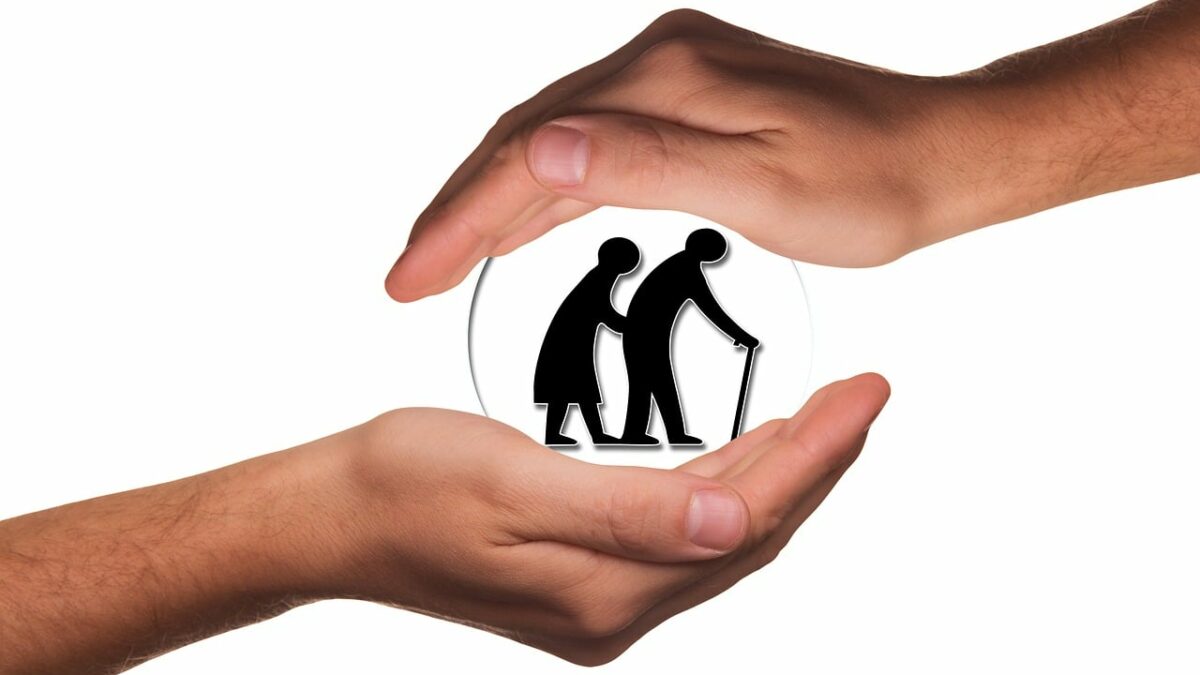
The Future Lawyer Weekly Briefing – W/C 6th May 2024
May 5, 2024
How to establish a deaf-friendly legal workplace
May 6, 2024Nursing homes need to be among the safest places to take a loved one and ensure their welfare will be perfectly served. While most of these facilities have excellent measures to curb any incidents of abuse, some fail to have robust mechanisms and bring the risk of abuse. One step to protecting residents at these homes is to understand the different forms of abuse. Here are five main types of abuse that happen at nursing homes.
1. Emotional Abuse
Though its effects may go unnoticed for a while, they do arise and give a reflection of the traumatizing life a resident has been going through. It can often bring about distress, emotional pain, anguish, and sudden loss of interest in things that someone loved. It needs quick identification and intervention to prevent its worsening into depression, anxiety, and reduced self-esteem.
As family members, you have a great duty of concentrating on the behavioral patterns of your loved one. Seeing any sign of reduced talking desire, unusual fear, especially around staff, or withdrawal could indicate something is wrong.
2. Financial Exploitation
At no given time should a resident be asked to make unauthorized or improper payments or use of assets by any party. It can amount to financial exploitation, which is punishable by law. If your loved one falls victim to signature forgery, coercion to sign financial documents, or theft of valuables or finances when in a facility, consider taking legal action promptly.
Elderly residents tend to be vulnerable to financial exploitation due to the gradual decline of their cognitive function and lack of physical independence. This means it’s still necessary to evaluate your senior financial accounts to allow timely detection of unexplained spending habits.
3. Neglect
Nursing homes have a great duty to ensure that they offer comprehensive and quality assistance to the residents. Failure to do this will result in compromise in care, which can translate to deterioration of the patient’s health status.
If you detect any sign of negligence, consider filing a lawsuit against the facility for violating the nursing home abuse rights. In these cases, it’s important to involve legal experts. Specialized lawyers will offer the proper guidance on preparing the case and attaching the evidence.
4. Sexual Abuse
This form of abuse happens when there is non-consensual sexual behavior or contact with a resident. Staff members or visitors can perpetrate such acts and leave indelible marks on a victim’s life. Mental health experts may be the ultimate remedy to help with the recovery.
Nursing homes should have solid protocols that show clear boundaries between staff and residents to prevent such heinous acts. It also helps when there are sound policies as a center on how to promote dignified and professional services.
5. Physical Abuse
It happens when there is an intentional use of force that brings about bodily harm, impairment, or pain to a patient. Whether through a push, kick, or any inappropriate use of restraints, it’s essential to take legal action against the perpetrator and facility. The unexplained bruises, cuts, or fractures can all point to an abuse case.
It requires family members and caregivers to be vigilant and close to their loved ones to spot any suspicious signs quickly. The nursing home staff needs to have sound training on resident handling techniques, which allows proper monitoring to discourage any physical abuse.
Endnote
Acts of abuse in nursing homes are major points of concern and can take different forms. This is why extra vigilance is important from both the facility’s management and the family’s side. It’s what discourages any uncouth acts from staff or other parties. In case of any unfortunate happening, seeking justice through lawsuits is essential.



